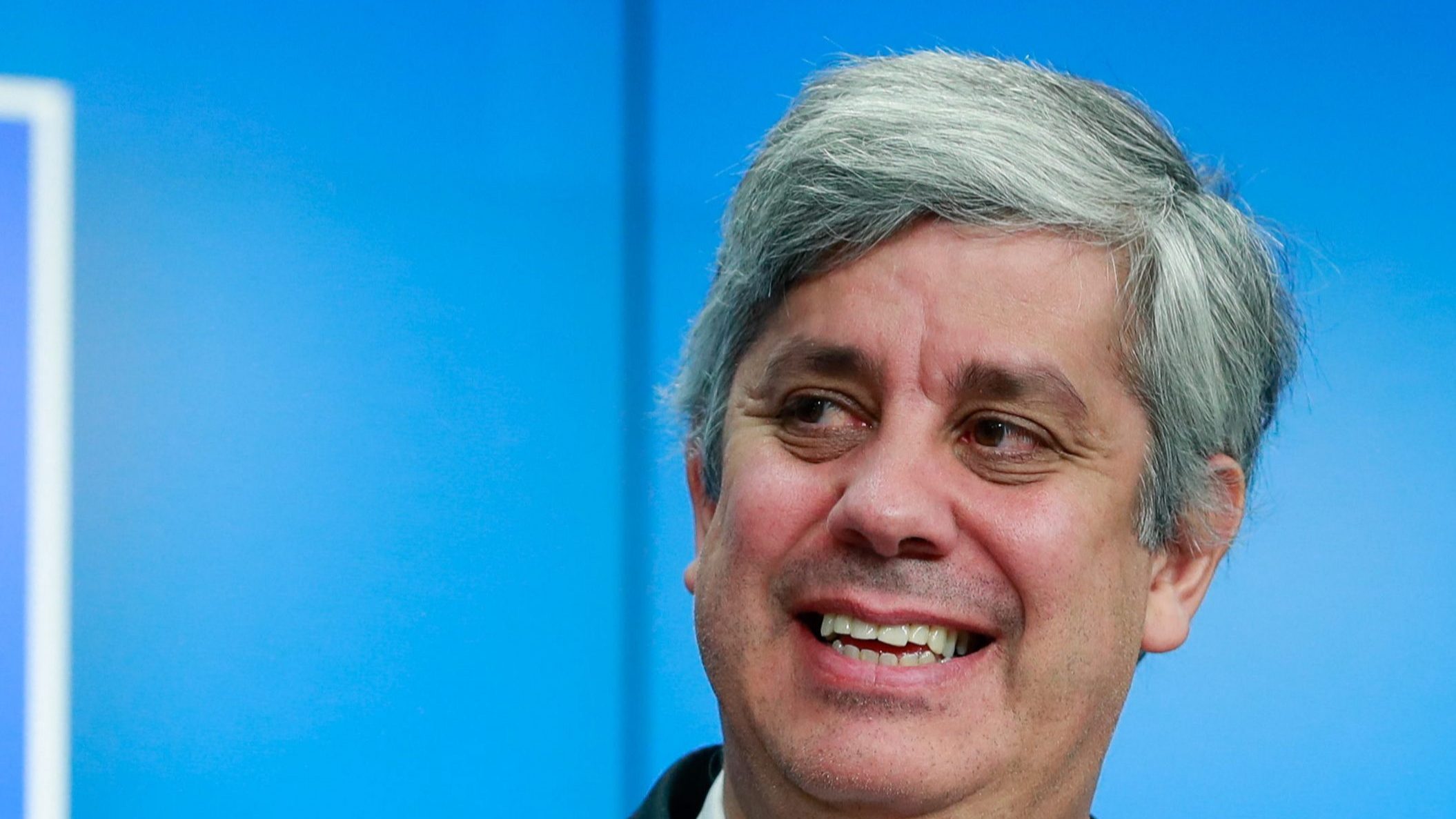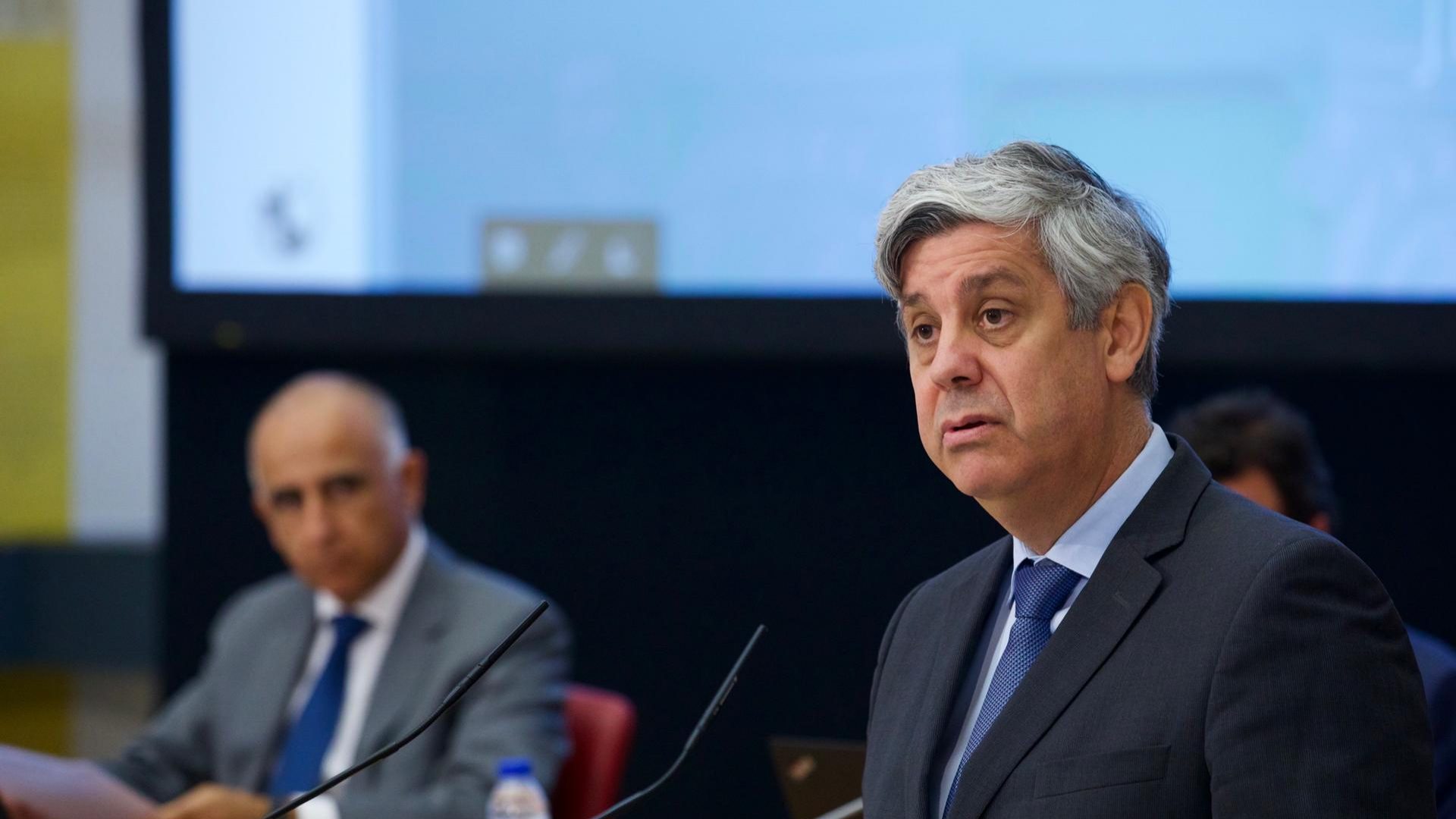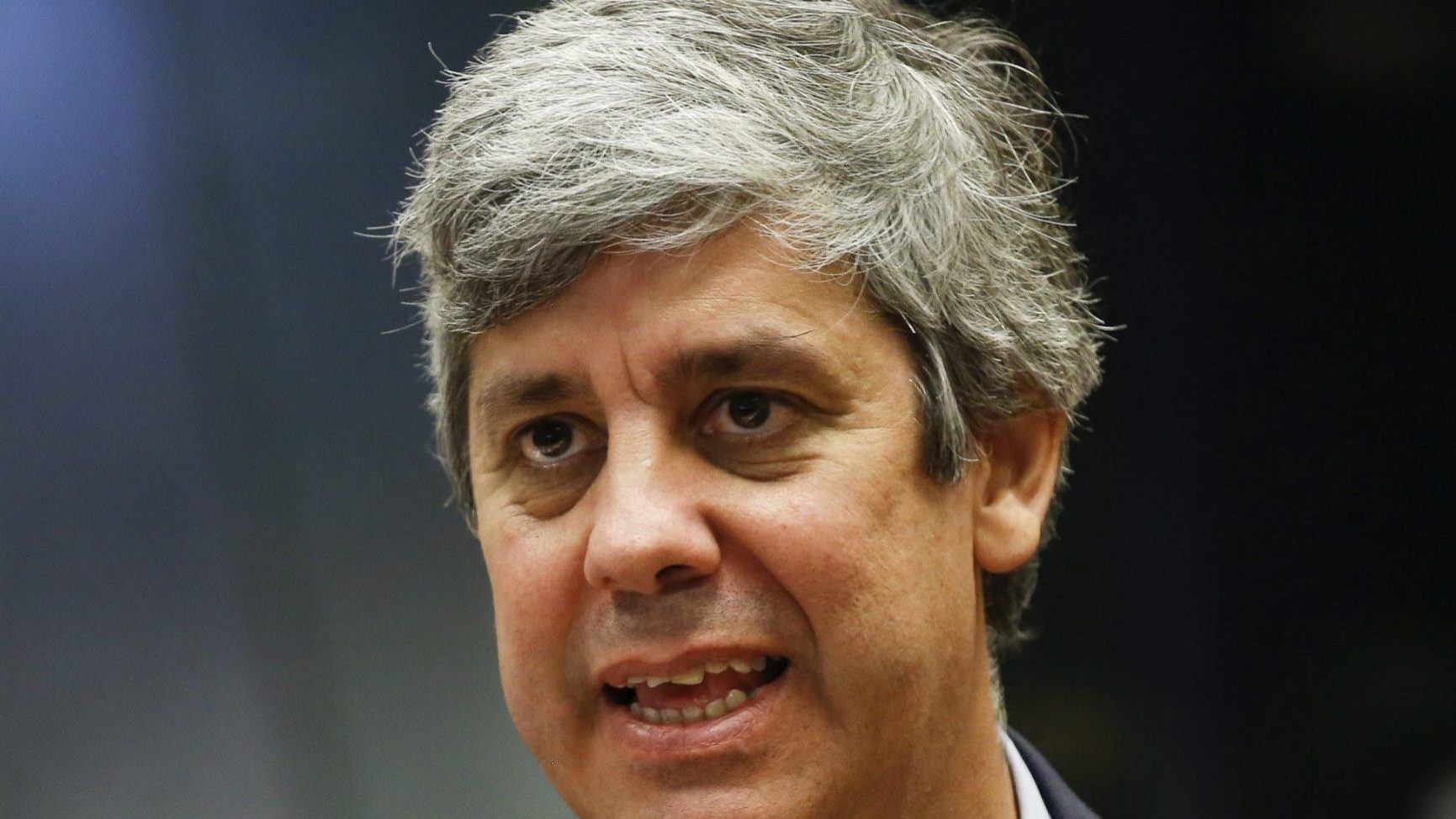Central Bank. Inflation still temporary, monetary policy should continue supporting economic growth
In Europe for the time being there is still no impact of rising prices on wages with the effect of making inflation a permanent phenomenon, said Mário Centeno.
The governor of the Bank of Portugal on Thursday considered that the inflation being recorded is still a transitory phenomenon and argued that monetary policy should continue to support economic growth.
“Inflation still remains a temporary phenomenon, associated to the recovery from the economic crisis, its speed and difficulty in resuming mechanisms that have been disabled,” said Mário Centeno, at the opening of the ‘Banking of the Future’ conference organised by Jornal de Negócios.
In Europe for the time being there is still no impact of rising prices on wages with the effect of making inflation a permanent phenomenon.
As for the economy, the adjustment will be gradual and “one must not give in to the difficulties that at the moment are more of a technological nature than an economic one”.
Monetary policy, he said, cannot solve a problem that is due to supply shocks (due to problems in supply chains) and the important thing is that it remains accommodative, supporting economic growth.
Fiscal policy, he said, should also accompany the recovery, starting with the most vulnerable sectors, but “without accumulating future risks”.
It is still “difficult to assess whether we are facing a greener and more digital economic transition or if we are facing a metamorphosis, something deeper in the economic and social system, where inequalities gain a new perspective and should be a central concern”.
The European Central Bank (ECB) will hold a crucial meeting next month on the future, at which it is expected to outline post-pandemic stimulus in a scenario of a new wave of Covid-19 in Europe.
Officials at the European financial institution, including its president, Christine Lagarde, have insisted that the current spike in consumer prices is transitory, making an interest rate increase next year unlikely.
The ECB president admitted this week that inflation in the eurozone could remain “higher for longer” due to crisis-related energy prices and that “this could contribute to higher wages and subsequently higher prices”.
However, for the moment, “there is no evidence of this in negotiated wage data [as] wage growth next year is expected to be potentially higher than this year, but the risk of second-round effects remains limited”.
The eurozone’s annual inflation rate rose in October to 4.1%, from 3.4% in September, pulled up by rising energy prices.


